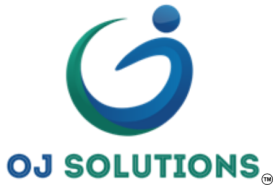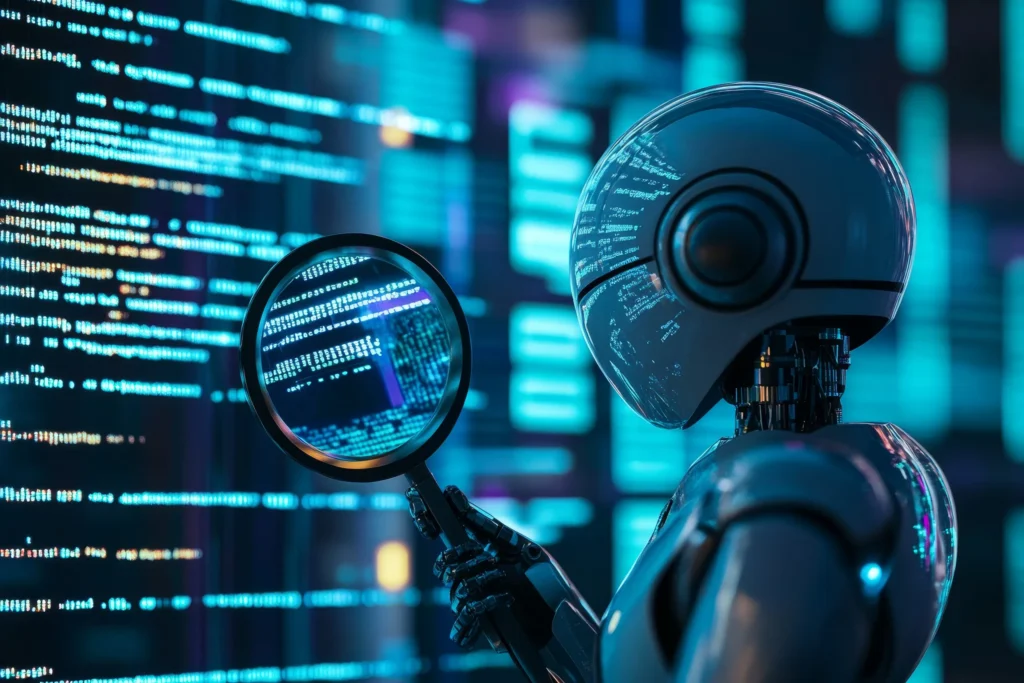The Rise of New Job Roles: Opportunities Created by AI
While there is a common fear that AI will lead to widespread job losses, the reality is more nuanced. AI is creating a plethora of new job opportunities that didn’t exist a decade ago. These roles often require a blend of technical expertise and creative problem-solving skills:
- AI/Machine Learning Engineers: As companies seek to integrate AI into their operations, the demand for AI and machine learning engineers is skyrocketing. These professionals develop algorithms, build models, and create systems that can learn and make decisions.
- Data Scientists and Analysts: With AI generating vast amounts of data, the need for skilled data scientists and analysts to interpret and leverage this information is greater than ever. These roles involve extracting insights from data to drive strategic decisions.
- AI Ethics Specialists: As ethical considerations become more prominent, there is a growing need for specialists who can ensure that AI systems are developed and deployed responsibly. These roles involve addressing bias, ensuring transparency, and upholding privacy standards.
- Robotics Engineers: The intersection of AI and robotics is creating demand for engineers who can design and maintain robots used in manufacturing, healthcare, and other sectors.
Transforming Existing Roles: The Augmented Workforce
AI is not just creating new roles; it is also transforming existing ones. By automating repetitive tasks, AI allows employees to focus on higher-level, strategic activities, thereby augmenting human capabilities.
- Software Developers: AI tools are increasingly being used to automate coding tasks, debug software, and even assist in the development of complex systems. This allows developers to concentrate on more creative and innovative aspects of their work.
- IT Support: AI-powered chatbots and virtual assistants are handling routine IT support queries, enabling IT professionals to tackle more complex technical challenges and strategic projects.
- Project Managers: AI tools for project management can predict project risks, optimise resource allocation, and streamline workflows, allowing project managers to focus on strategy and team leadership.
- Cybersecurity Experts: AI enhances cybersecurity measures by identifying threats in real-time, analysing patterns, and responding to incidents more swiftly. Cybersecurity professionals can thus focus on developing advanced security strategies and managing critical incidents.
Essential Skills for the Future Workforce
As AI reshapes the job market, the skills required to thrive in the tech sector are also evolving. Future-proofing your career means acquiring a blend of technical and soft skills that complement AI-driven work environments.
Technical Skills:
- Programming: Knowledge of languages such as Python, R, and Java is essential for developing and working with AI systems.
- Data Analysis: Proficiency in data analytics and machine learning algorithms is crucial for interpreting AI-generated data.
- AI and Machine Learning: Understanding the principles of AI and machine learning, including neural networks and natural language processing, is increasingly important.
Soft Skills:
- Critical Thinking: The ability to analyse complex problems, think critically, and devise innovative solutions is invaluable in an AI-augmented workplace.
- Adaptability: As AI technology evolves, so too must the ability to adapt to new tools, processes, and methodologies.
- Collaboration: Working effectively in interdisciplinary teams is essential, as AI projects often involve collaboration between technical and non-technical stakeholders.
Ethical and Regulatory Knowledge:
Understanding the ethical implications of AI and being aware of relevant regulations and standards is crucial for developing responsible AI systems. Read our article on ethical AI: Ethical Considerations in AI Development and Deployment.
The Collaborative Future: Humans and AI Working Together
The future of work is not about humans versus machines; it’s about humans working alongside AI to achieve greater outcomes. AI has the potential to enhance human capabilities, drive innovation, and improve productivity across various sectors.
- Enhanced Decision-Making: AI provides data-driven insights that help humans make better, faster decisions.
- Creative Collaboration: AI tools can augment creative processes, from generating ideas to enhancing artistic endeavours.
- Improved Efficiency: By automating routine tasks, AI allows humans to focus on strategic and high-impact activities.
Case Studies: AI in the Tech Job Market
To illustrate how AI is shaping the tech job market, let’s look at some real-world examples:
- Google: Google’s AI research and development have created numerous job roles in AI ethics, data science, and machine learning. Their AI-driven projects, like Google Assistant, demonstrate the synergy between AI and human input.
- Amazon: Amazon uses AI extensively in its operations, from warehouse automation to personalised shopping experiences. This has led to increased demand for robotics engineers and data scientists, as well as roles focused on AI ethics and customer experience.
- Microsoft: Microsoft’s AI for Good initiative showcases how AI can be used to address societal challenges, creating roles in AI research, ethical AI deployment, and interdisciplinary collaboration.
Conclusion
AI is undeniably reshaping the tech job market, creating new opportunities, transforming existing roles, and necessitating new skills. Embracing this change requires a proactive approach to learning and adaptation. By developing a robust skill set that includes both technical expertise and soft skills, and by understanding the ethical implications of AI, individuals can position themselves for success in an AI-driven future. As we navigate this transformation, the collaboration between humans and AI will be key to unlocking unprecedented levels of innovation and productivity.
The future of work is here, and AI is at its core. At OJ Solutions, we pride ourselves on understanding your business needs to provide AI solutions that enhance productivity and innovation. Located in Manchester, a hub of technological advancement, our team is ready to visit your site, understand your operations, and deliver tailored AI solutions that drive your business forward. Contact us today to explore how we can help you embrace the future of work with AI.



